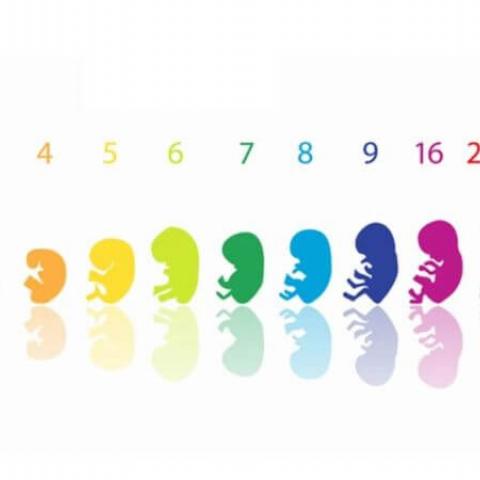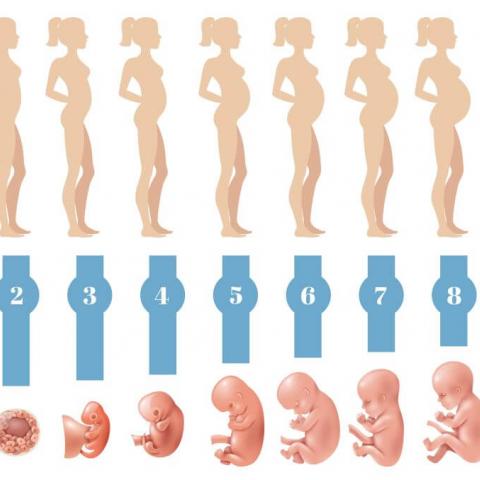Wiki: Pedia
Wikis are websites built for collaborative authoring, allowing numerous contributors to add, edit, and structure content online.
Wikis prioritize ease of use and openness: pages can be added or changed without technical expertise, and most track every edit so changes can be reviewed or undone.
Common features
- **Collaborative editing:** Several contributors can edit pages, sometimes at the same time.
- **Edit history:** All edits are stored with timestamps and the author’s name or IP.
- **Interlinking:** Creating links among pages is straightforward, which helps interconnect content.
- **Lightweight markup:** Formatting is usually handled by lightweight markup languages (e.g., WikiText or Markdown).
- **Permission settings:** Some wikis are open to anyone; others limit edits to registered users or specific groups.
- **Discussion pages:** Separate talk pages allow contributors to discuss edits and structure.
Common uses
- Community-driven knowledge bases (for example, Wikipedia)
- Project docs and corporate knowledge repositories
- Collaborative writing and shared note-taking
- Educational and classroom projects
Advantages
- **Fast collaboration:** Contributors can rapidly create and improve content.
- **Openness:** Visibility into edits and discussions shows how decisions were reached.
- **Expandable:** They scale organically as users add more pages and topics.
Limitations
- **Vandalism and false information:** Public editing can lead to vandalism or incorrect information.
- **Inconsistent quality:** Entries may vary in accuracy, style, and completeness.
- **Organizational issues:** Without clear governance, content may become fragmented or disputed.
Illustration
- **Wikipedia** — a well-known wiki operated by the Wikimedia Foundation and written by volunteers around the globe.






















